
Concept explainers
To differentiate: The types of adverse reactions.
Introduction: Pharmacology is the study of drugs, their actions, dosage, therapeutic uses, and adverse effects. A drug is a substance that alters the biological activity in a person. A drug has more than one effect on the body; some of them are desirable and some are undesirable.
Explanation of Solution
Adverse reactions are side effects that are dangerous and may be life threatening. The types of adverse reactions are as follows:
Hypersensitivity: It is also known as an allergic reaction. The reaction may be mild or can cause anaphylaxis. The patient should avoid structurally similar drugs.
Idiosyncratic: It refers to the unusual behavior of a person due to a drug reaction. It is also called paradoxic. An example would be excessive excitement after taking a sedative. These reactions occur in elderly persons.
Iatrogenic: It refers to the negative effect on the body due to medication error, overdose, or unusual response.
Teratogenic: It refers to the harmful effect of drug on a fetus, which causes developmental defects.
Interactions: It occurs when a drug effect is modified in combination with another drug, food, herbal compound, or other material. This also occurs when a patient takes many drugs in consultation with several physicians.
Want to see more full solutions like this?
Chapter 3 Solutions
EBK GOULD'S PATHOPHYSIOLOGY FOR THE HEA
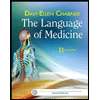 The Language of Medicine, 11eHealth & NutritionISBN:9780323370813Author:Davi-Ellen Chabner BA MATPublisher:Saunders
The Language of Medicine, 11eHealth & NutritionISBN:9780323370813Author:Davi-Ellen Chabner BA MATPublisher:Saunders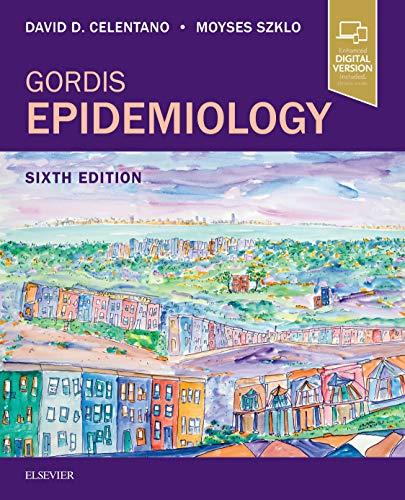 Gordis EpidemiologyHealth & NutritionISBN:9780323552295Author:David D. Celentano, Moyses SzkloPublisher:ELSEVIER
Gordis EpidemiologyHealth & NutritionISBN:9780323552295Author:David D. Celentano, Moyses SzkloPublisher:ELSEVIER Nutrition Through The Life CycleHealth & NutritionISBN:9781337919333Author:Brown, Judith E.Publisher:Cengage Learning,
Nutrition Through The Life CycleHealth & NutritionISBN:9781337919333Author:Brown, Judith E.Publisher:Cengage Learning,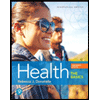 Health: The Basics (13th Edition)Health & NutritionISBN:9780134709680Author:Rebecca J. DonatellePublisher:PEARSON
Health: The Basics (13th Edition)Health & NutritionISBN:9780134709680Author:Rebecca J. DonatellePublisher:PEARSON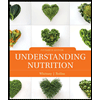 Understanding Nutrition (MindTap Course List)Health & NutritionISBN:9781337392693Author:Eleanor Noss Whitney, Sharon Rady RolfesPublisher:Cengage Learning
Understanding Nutrition (MindTap Course List)Health & NutritionISBN:9781337392693Author:Eleanor Noss Whitney, Sharon Rady RolfesPublisher:Cengage Learning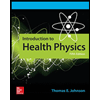 Introduction To Health PhysicsHealth & NutritionISBN:9780071835275Author:Johnson, Thomas E. (thomas Edward), Cember, Herman.Publisher:Mcgraw-hill Education,
Introduction To Health PhysicsHealth & NutritionISBN:9780071835275Author:Johnson, Thomas E. (thomas Edward), Cember, Herman.Publisher:Mcgraw-hill Education,





